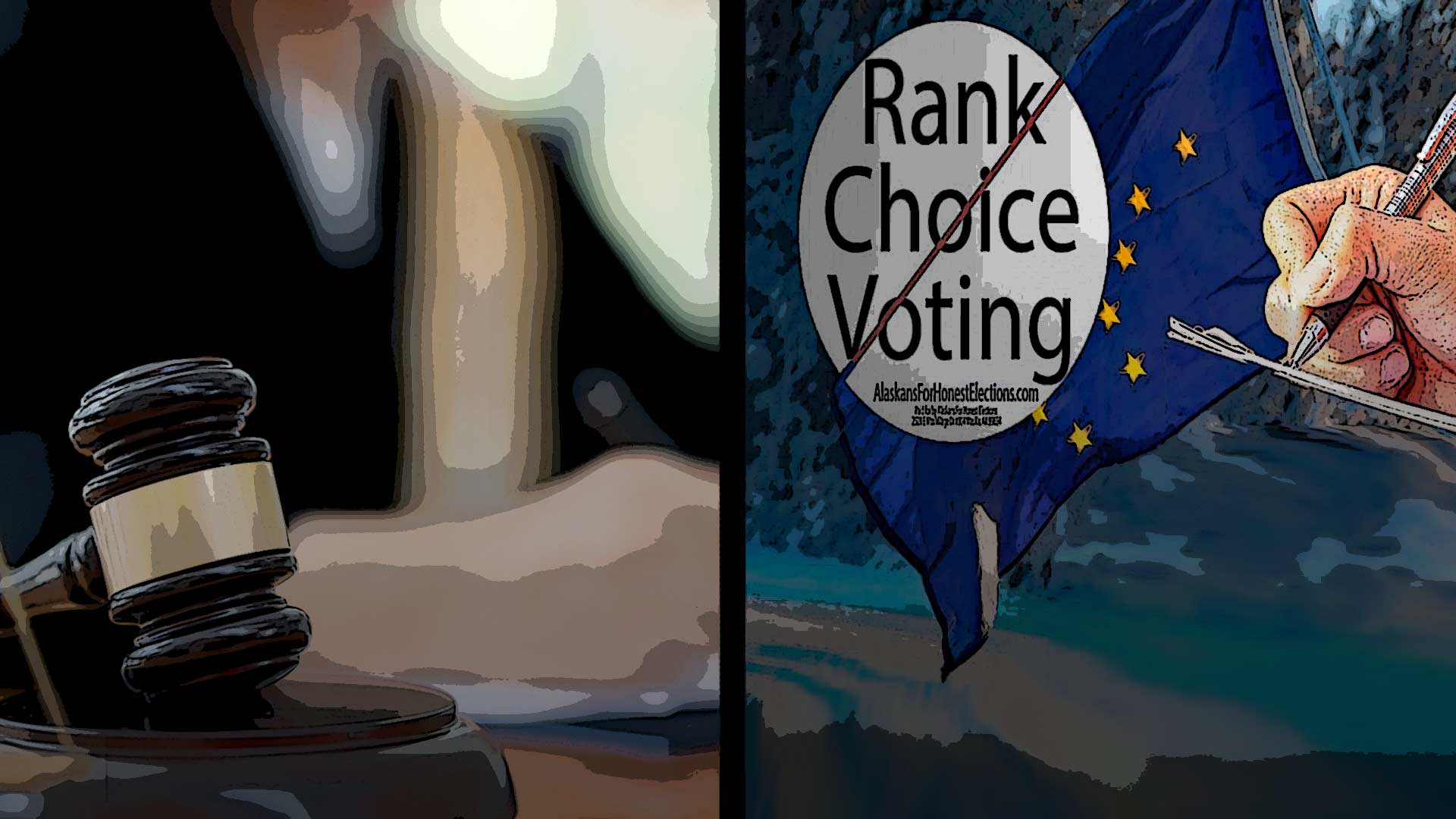This article was not exactly what I was expecting from the headline.
A group is trying to get a ballot initiative to try and repeal RCV.
Another group is suing them, alleging the signature books were left unattended and up to 11,000 signatures are false or unverifyable.
This case is to decide if the signatures count or not. If they do, there will be a ballot initiative to repeal RCV. If they get invalidated, RCV continues.
Was curious their argument against RCV, and it says the head of the Anti-RCV group said his grandpa was confused the first time he did it. Other arguments are that it takes longer to get results, which doesn’t seem like the biggest deal, and that it is less transparent, which if you can’t grasp how RCV works may be true, but it still seems like basic math to me.
The best quote from stoprcv.com, their site, was this one:
In an RCV election, voters may get more power if they rank more candidates. But that means, rather than identifying one candidate to support, voters must research multiple candidates and form opinions about their relative preferences for as many as five or more. This benefits those who have more time and access to information—in short, RCV gives more power to elites while making it harder for everyone else.
Arguing against an informed electorate seems a bit questionable to me, but who am I to say?
It doesn’t even sound like you are required to rank all the candidates, so if you want to blindly vote for one person, this doesn’t seem to stop you.
Does this weigh an informed voter’s ballot higher than an uninformed voter’s? Possibly a valid claim, but I’m also not about to argue that’s necessarily a bad thing either.
Let’s ban more than one candidate running for office. Having multiple candidates disadvantages people who can’t be bothered to vote. /s
It doesn’t even sound like you are required to rank all the candidates, so if you want to blindly vote for one person, this doesn’t seem to stop you.
Yeah, a good RCV system should allow apathetic voters to put an X beside their favourite candidate and call it a day, just as if it were a FPTP ballot. This is a non-issue.
And that is indeed how the system works in Alaska. You explicitly do not have to rank everyone, and can just pick a single candidate if you want.
Politics is so more cordial because of ranked choice voting, why do away with it?
Because it disadvantages extremists. Which is the point.


